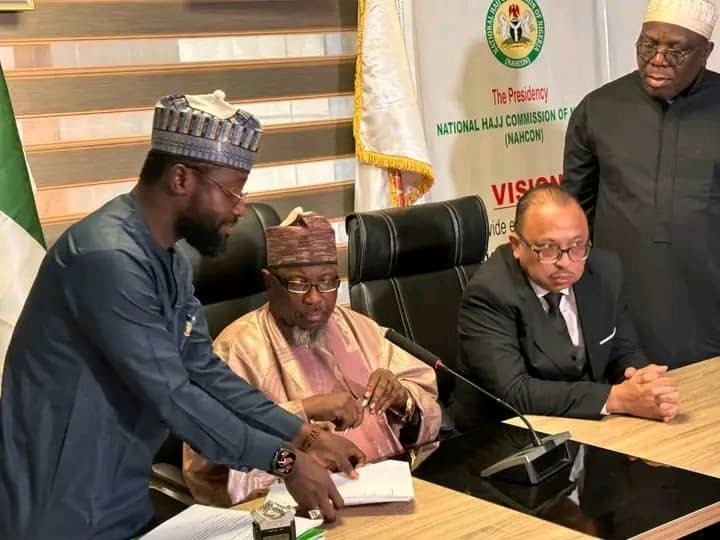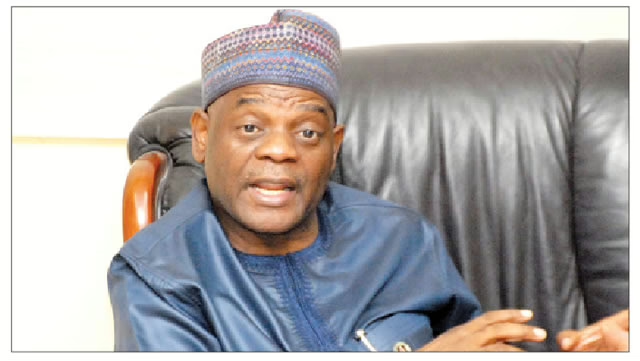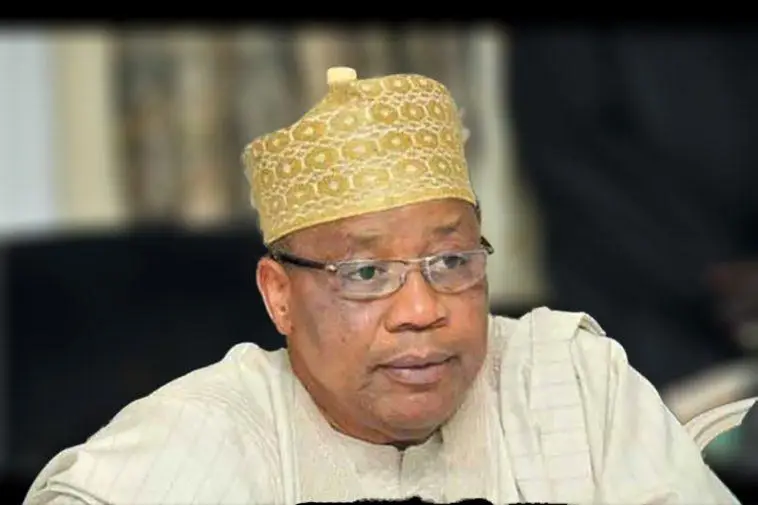Last Saturday, I held back from dedicating this column to Franco-Malian coach Eric Chelle, whose appointment as the head coach of the Nigerian Super Eagles was officially announced by the Nigeria Football Federation (NFF). The organisation, responsible for managing football in Nigeria, took its time selecting Chelle, and I waited for his formal unveiling before offering my thoughts.
The caution stemmed from a similar situation involving German coach Bruno Labbadia, who was prematurely announced as the Super Eagles coach last August, only to reject the offer shortly afterward due to unresolved issues. That episode turned into a national embarrassment, and I wanted to avoid being caught in another debacle. With Chelle’s unveiling in Abuja last Monday, it became clear he was committed to the role, setting the stage for what many hope will be a turning point for Nigerian football.
Chelle’s appointment has sparked heated debate across Nigeria. Critics argue that after the lengthy selection process, the NFF should have secured a more high-profile coach to manage one of Africa’s most prestigious football teams. The skepticism surrounding Chelle’s credentials is palpable, with many doubting his capacity to handle the pressures of the Super Eagles. His critics also see his appointment as an insult to Nigerian coaches, who have been overlooked despite possessing considerable experience and accolades.
Adding fuel to the controversy is Chelle’s reported $50,000 monthly salary. Many Nigerians question why the NFF is willing to pay foreign coaches such high sums while neglecting local talent. The disparity has reignited debates about self-confidence and fairness within Nigeria’s football administration.
Despite the uproar, the reality remains: Eric Chelle has been entrusted with leading the Super Eagles, and it’s in Nigeria’s best interest to support him. Whether his tenure will usher in a new dawn or prove to be a false hope depends on his ability to rise to the monumental challenge before him.
Chelle’s immediate focus is guiding the Super Eagles to qualify for the 2026 FIFA World Cup, a daunting task given the team’s precarious position. Nigeria currently sits fifth in their qualifying group, with just three points from four games. Rwanda tops the group on goal difference with seven points, followed by South Africa and Benin Republic, who also have seven points each. With six matches left in the series, every game is a must-win for the Super Eagles.
Chelle’s appointment implies he’s aware of the enormity of this challenge. The NFF likely saw in him a potential to “cleanse the Augean stable” of Nigerian football—a metaphor for addressing long-standing problems and inefficiencies. This phrase, rooted in Greek mythology, evokes the near-impossible task of clearing King Augeas’ stables, a feat accomplished by Hercules through ingenuity and sheer determination. The Super Eagles’ current state mirrors that challenge: riddled with inconsistencies, plagued by administrative missteps, and burdened by high expectations.
Chelle’s detractors point to his coaching résumé, which pales in comparison to some Nigerian greats like Sunday Oliseh, Austin Eguavoen, and Samson Siasia. However, former NFF president Amaju Pinnick has defended the appointment, highlighting Chelle’s impressive record during his tenure with Mali. Pinnick noted that Chelle oversaw 22 matches, winning 14, drawing four, and losing just three. He emphasised Chelle’s offensive style, a quality that aligns well with Nigeria’s traditionally attacking brand of football.
Pinnick also revealed that Chelle is bringing a comprehensive team of backroom staff, including a set-piece specialist, a match analyst, and a goalkeepers’ coach. According to Pinnick, Chelle’s leadership and preparation make him a worthy candidate for the role, urging Nigerians to focus on his capabilities rather than his nationality.
Advertisement
At his unveiling, Chelle expressed gratitude for the opportunity to coach the Super Eagles, vowing to restore the team’s attacking identity. “Football is about scoring goals, so I favour an attacking style,” he said. “I know the expectations of Nigerians, and I will settle down and work diligently with my assistants towards the goal of qualifying the Super Eagles for the 2026 FIFA World Cup.”
While his confidence is reassuring, critics remain sceptical. The postponed African Nations Championship, originally scheduled for February but now delayed until August, deprives Nigerians of an early opportunity to assess his capabilities. As a result, the World Cup qualifiers in March will serve as the ultimate test of his competence.
The skepticism around Chelle’s appointment is partly fueled by Nigeria’s history with foreign coaches. While some have achieved notable successes, others have left behind disappointment and unfulfilled promises. This history has created a divided fan base, those who support the decision to hire a foreign coach and those who believe in nurturing homegrown talent.
Chelle’s tenure must bridge this divide. Success on the pitch will be the most effective way to silence critics and unify fans. His stated commitment to attacking football and his team’s performance in the upcoming qualifiers will be critical in winning over a skeptical Nigerian public.
The Super Eagles face a series of must-win games against formidable opponents, including South Africa, Rwanda, and Benin Republic. The match against Bafana Bafana is particularly significant; a victory could define Nigeria’s trajectory in the qualifiers. Chelle’s ability to rally the team, instill discipline, and execute a coherent game plan will determine whether Nigeria secures a spot in the World Cup.
Nigerians are no strangers to disappointment in football, and patience is running thin. Chelle must deliver not just results but also inspire confidence in his vision for the team. His success or failure will inevitably shape perceptions of foreign coaches in Nigerian football.
Despite the doubts, there is hope that Chelle’s appointment marks the beginning of a new era for the Super Eagles. Pinnick’s confidence in Chelle’s credentials and the coach’s determination to prove himself offer a glimmer of optimism. However, the journey ahead is fraught with challenges, and Chelle must navigate them with resilience and innovation.
Ultimately, the success of Chelle’s mission hinges on a collective effort. From the NFF’s administrative support to the players’ commitment on the field and the fans’ unwavering support, everyone has a role to play in turning this potential false hope into a triumphant new dawn for Nigerian football.
Time will tell if Eric Chelle is the man to lead the Super Eagles to glory. For now, Nigerians watch and wait, hopeful that the coach’s vision and determination will restore the team’s pride and place among football’s elite.











